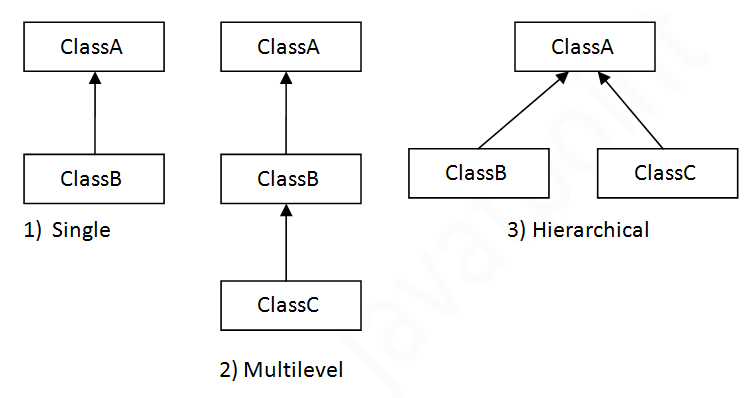I need to write an article to clarify my numbers as they are part of a thought experiment to project the amount of money needed today in our CPF-RA to lead a comfortable lifestyle based on 2021 figures from the Lee Kuan Yew School of Public Policy. In 2021, that number is $1,421; that amount today, assuming 3% inflation, is close to $1,560 in today's dollars.
Now I've got a severe problem because most of the tables from the press will start with a multiple of BRS today, then allow the amounts to compound for ten years, then use the CPF Life Estimator to project monthly payouts many years later when the member reaches 65 years old. The narrative is that you will have a nice payout when you hit 65 if you let your money compound in the CPF-RA until you can start paying annuity premiums to get a monthly payout.
There are too many degrees of unpredictability when we do this because we need to know how much annuity premiums cost in the far future, how much annuity costs depend on interest rates in the far end, and the average life span of a Singaporean. If humanity finds a cure for cancer, everyone's lifespan will extend by 3 years, and annuities will become more expensive per dollar of payout. On top of that, we will have problems projecting the basic expenses of a 65-year-old ten years in the future. A more significant proportion of 65-year-olds is spent on medication, and medication has an inflation rate higher than our reported amounts. I have evidence of this - my evidence comes from the Medisave BHS, which grows faster than 4% yearly.
So when I use the CPF Life Estimator to figure out how much I need in CPF-RA today, I can't work the 10-year 4+% compounding into my figures from age 55-65. I have to input the amounts a 65-year-old member has today. Then, I used the CPF Life estimator to calculate my payout immediately in 2024. This extremely theoretical exercise will result in a monthly payout much lower than the Louis Koay article or mainstream media.
We need to know how much is adequate to cover today's expenses. i.e. In 2024 dollars.
My conclusion remains that we need at least 3 x BRS in our CPF-RA when we hit 65 for payouts, which may be $3k+ as written in other articles, to barely meet the basic expenses of a 65-year-old. Another conclusion is that it may be unproductive to put the full 4xBRS into CPF Life as there is a risk of over-insurance as payouts, even with the Escalating Plan, don't seem to mitigate inflation completely, which means that members still need to pick up investing skills and take on market risk to succeed in retiring conventionally.
The private sector carries a heavy burden when we write articles about CPF. I can lose credibility if I am wrong.
We have been combing through some of the comments raised in our videos and using the CPF website to fact-check our materials against the statements made. The CPF website needs to make this a more straightforward process for us.
Please be patient and understanding if you find factual inaccuracies in my material.
I intend to come clean if these can be found,





